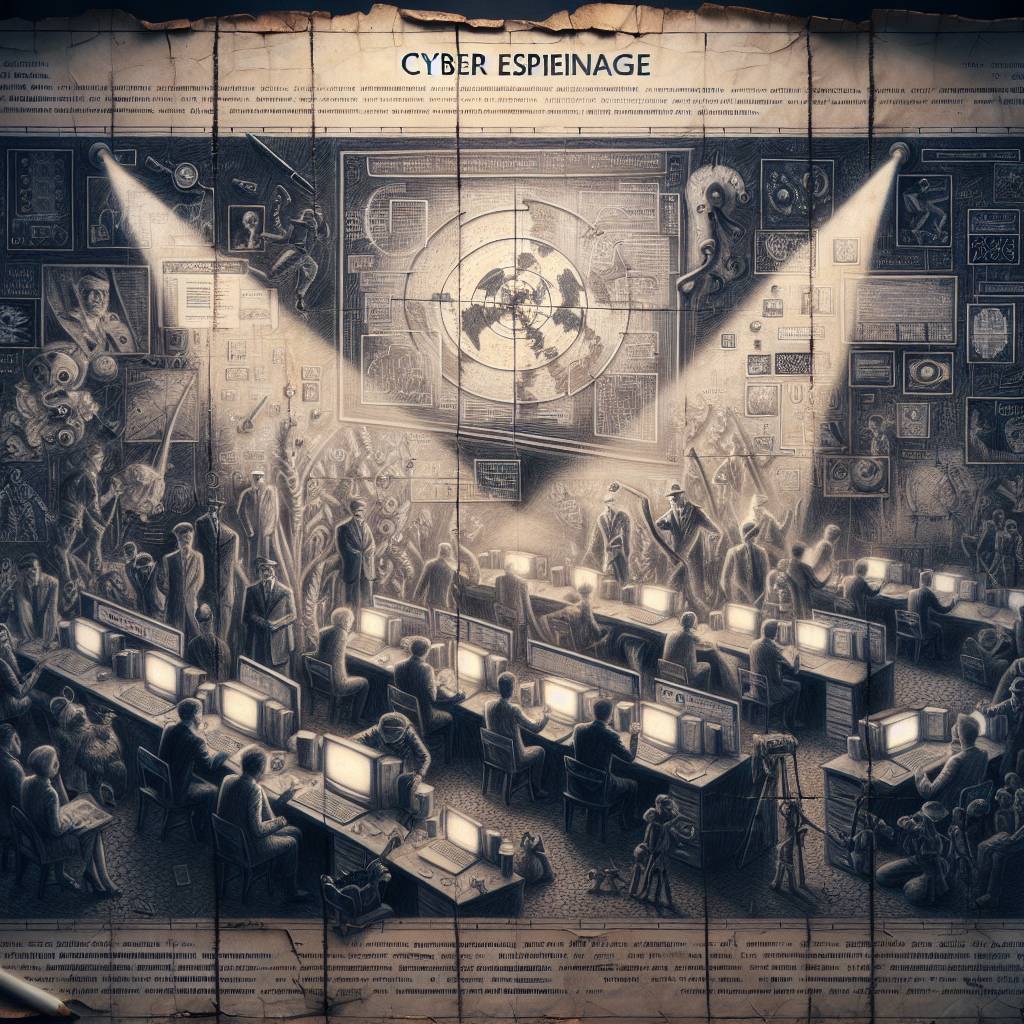PhantomCaptcha: A Sneaky Cyber Espionage Comedy of Errors Targeting Ukraine’s Relief Efforts
PhantomCaptcha spear-phishing campaign targets Ukraine war relief organizations with a WebSocket-powered remote access trojan. The malware masquerades as Zoom invites via fake Cloudflare CAPTCHA pages—because nothing says “urgent meeting” like a side of malware! The sophisticated operation reflects meticulous planning and timing, with domains disappearing faster than free donuts at an office meeting.

Hot Take:
Looks like the PhantomCaptcha campaign is less about cat videos and more about cat-and-mouse games with cybersecurity experts! You have to hand it to these hackers; their operational planning is so meticulous, it could probably put a wedding planner to shame. Maybe next they’ll be sending out invitations to a “Zoom meeting” where the only item on the agenda is “Gotcha!”
Key Points:
- PhantomCaptcha is a spear-phishing campaign targeting Ukraine’s war relief organizations.
- Fake emails impersonate the Ukrainian President’s Office with booby-trapped PDFs.
- The attack uses a fake Zoom site and Cloudflare CAPTCHA for phishing.
- A WebSocket RAT allows remote command execution and data exfiltration.
- Campaign infrastructure was set up meticulously six months before the attack.
